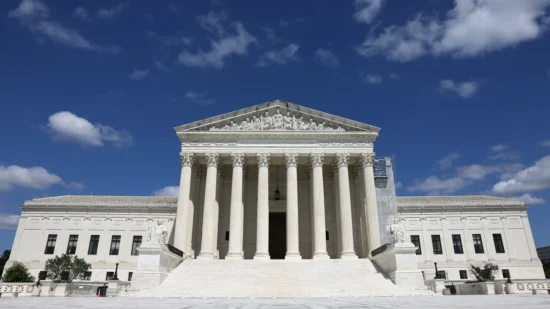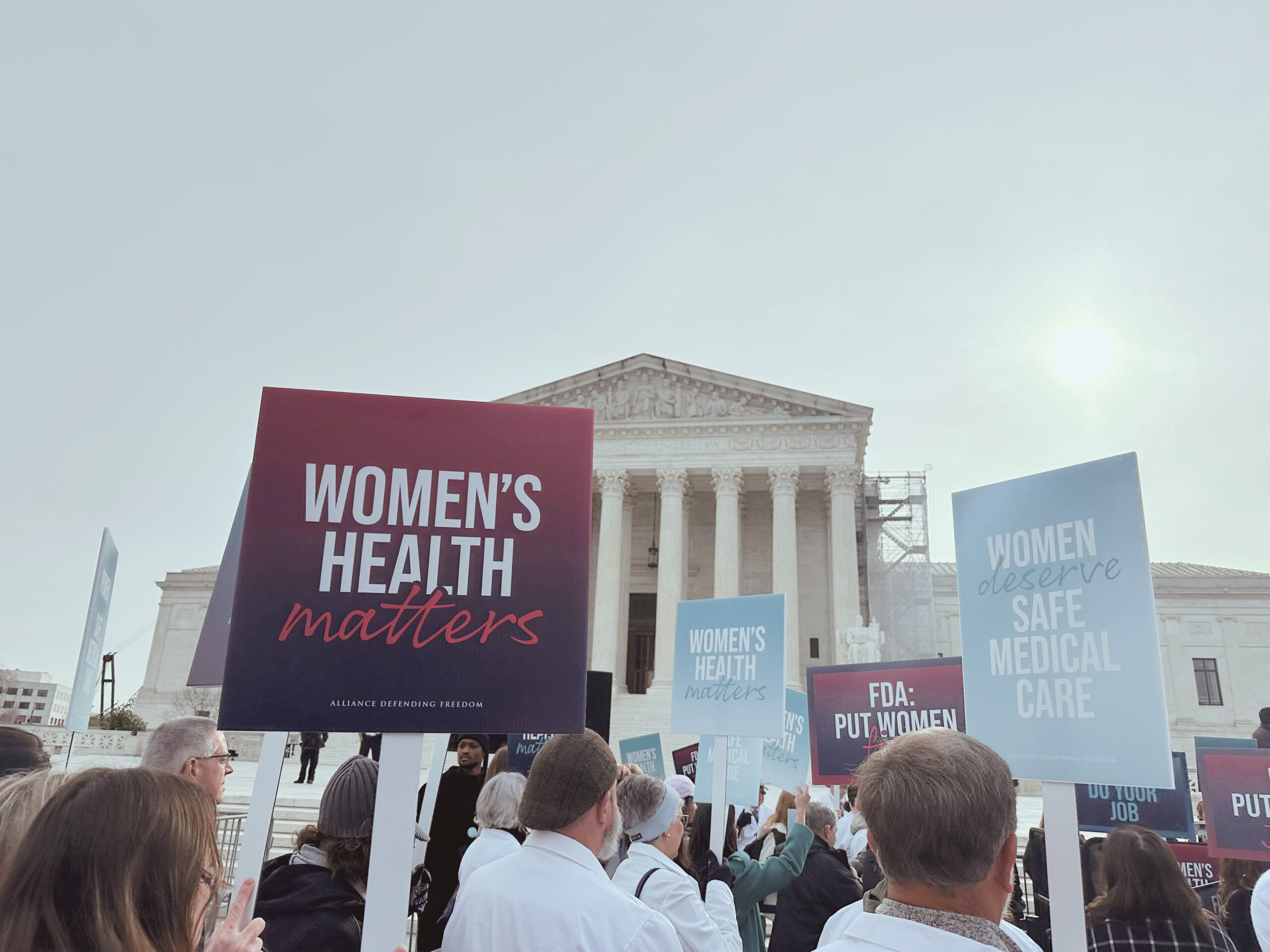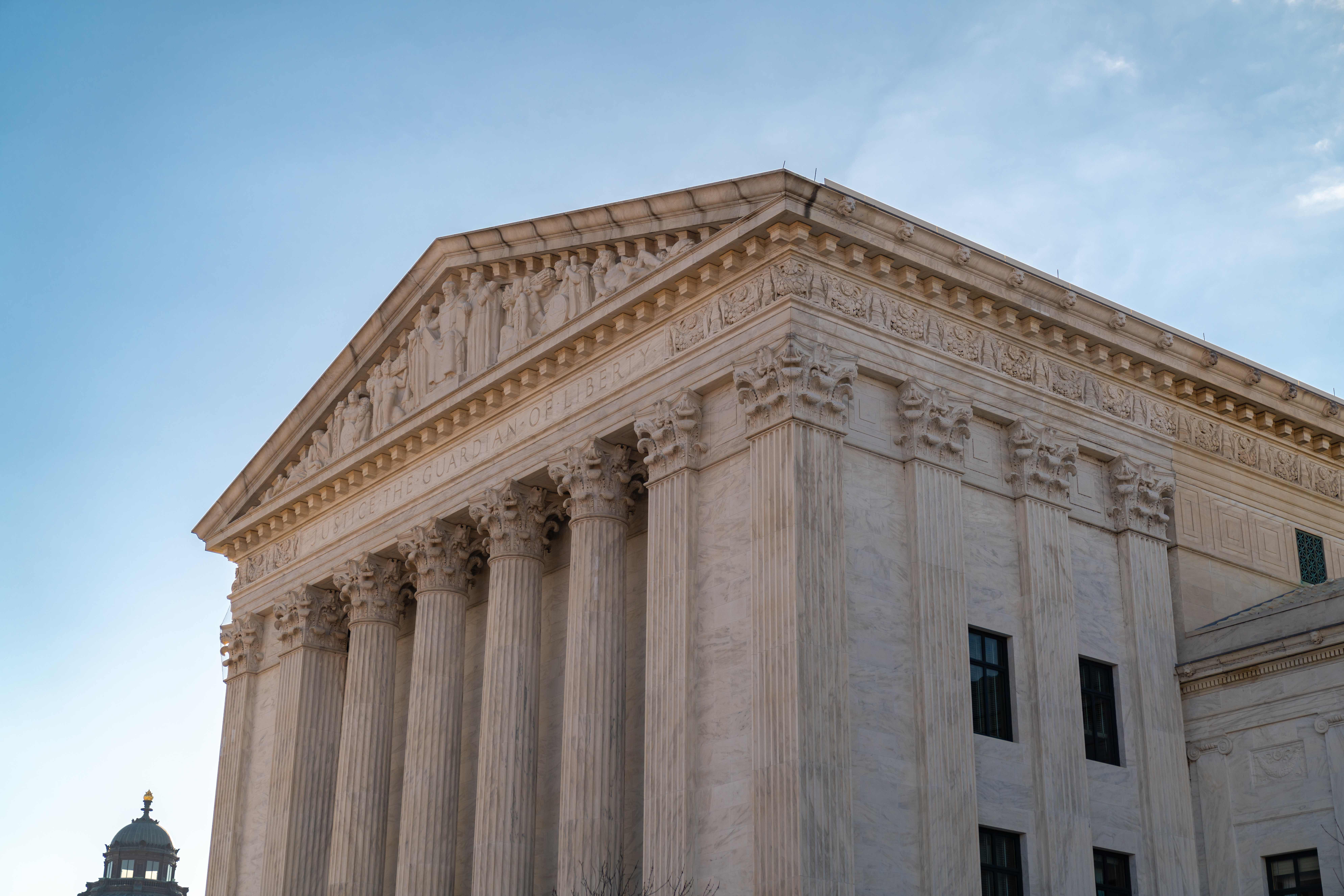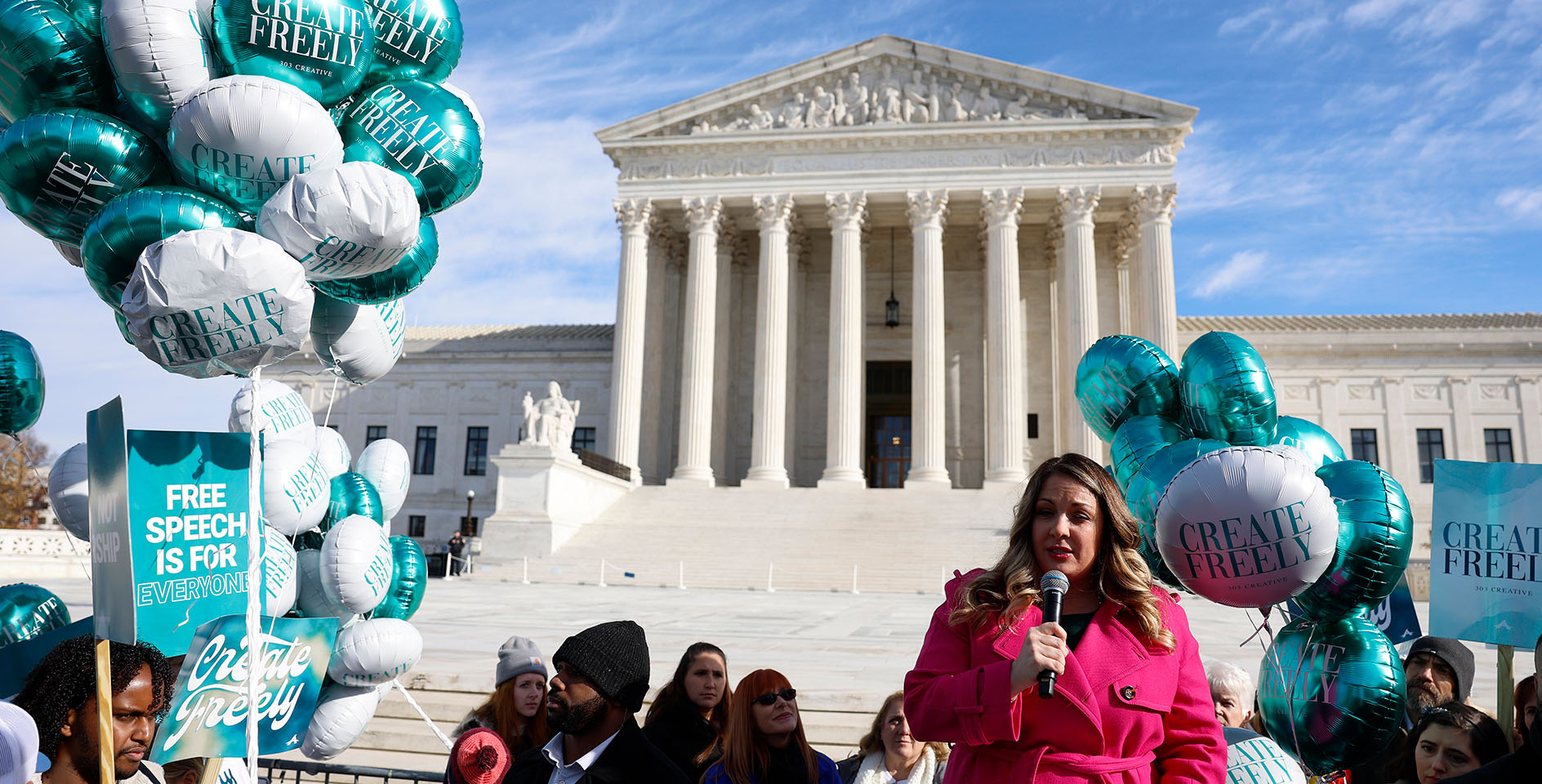WASHINGTON, D.C., Feb. 26, 2021—The U.S. Supreme Court sided today with a former Georgia college student, Chike Uzuegbunam, who sued his school after it prevented him from expressing religious views in a free-speech zone on campus. The significance of today’s ruling could reach far beyond the circumstances of this case because it ensures people are able to hold government officials accountable for violating First Amendment rights.
Russell Moore, president of the Southern Baptist Convention’s Ethics & Religious Liberty Commission, commented on the decision:
“This clear 8-1 ruling by the Supreme Court today is significant not only for Chike Uzuegbunam, but for all those who might one day need to appeal to the courts for justice. As we argued in our amicus brief to the Court, it is a fundamental harm for the state to infringe upon a person’s right to religion or free expression. Today’s ruling strengthens every American’s right to seek and obtain justice when those foundational rights are infringed.”
In the Uzuegbunam v. Preczewski 8-1 ruling, Justice Clarence Thomas said that Uzuegbunam — who was silenced by Georgia Gwinnett College officials even after he had obtained a permit to share his faith and hand out religious literature — can continue his lawsuit despite the fact that the school ultimately changed course and Uzuegbunam subsequently graduated.
The ERLC filed an amicus brief in support of Uzuegbunam, which argued: “[N]ominal damages provide moral and legal recognition to a valid claim, and they are critical to the vindication of constitutional rights. That is especially true with respect to free speech and free exercise rights, which are at issue here. Often, the violation of those rights causes no quantifiable economic loss. Yet, their invasion cuts to the core of our constitutional freedoms.”
Chief Justice John Roberts was the dissenting justice in the case.
To request an interview with Russell Moore, contact Jill Waggoner by email at [email protected] or call 202-547-0209.










